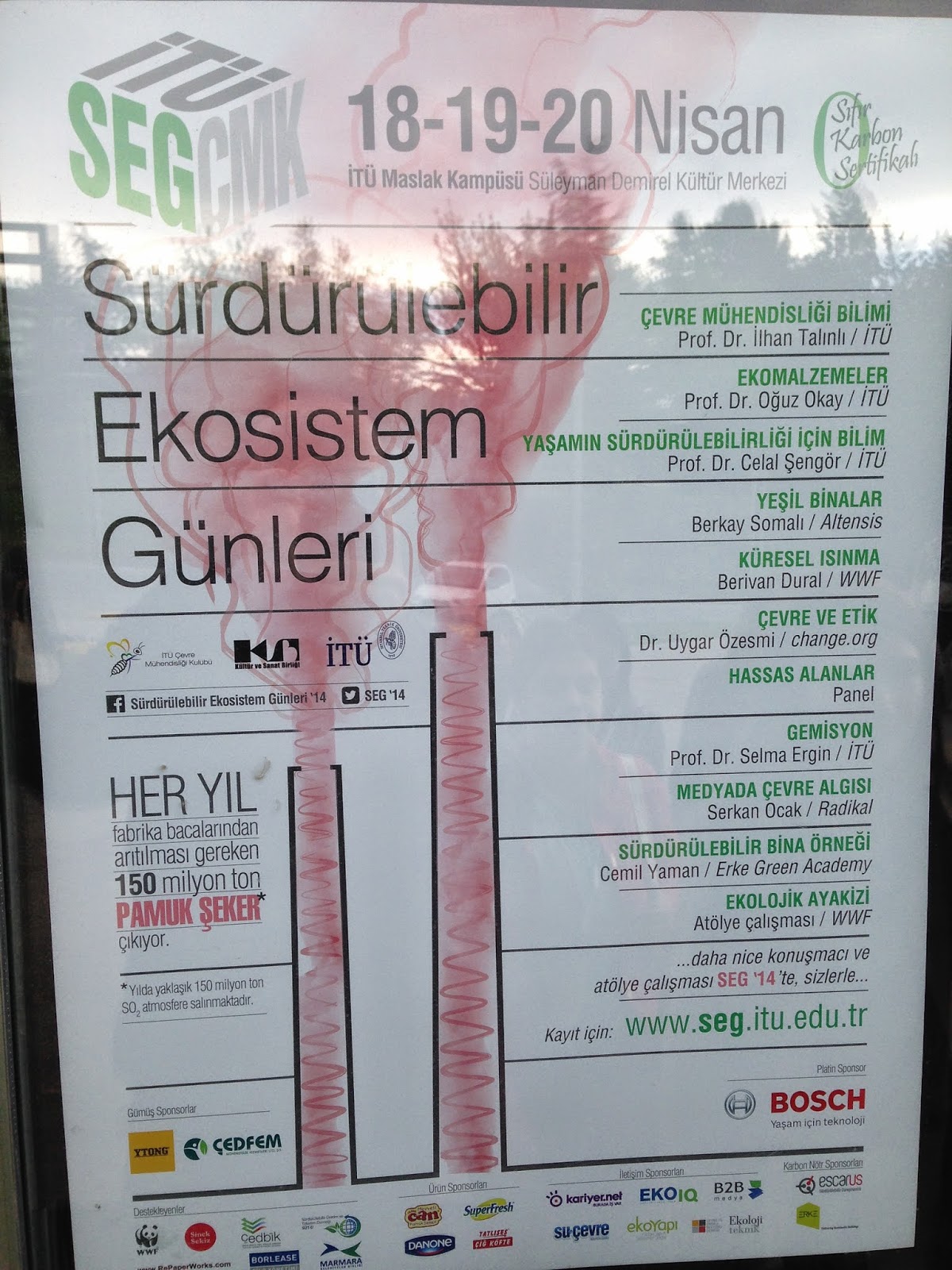This is the Main Weblog of my Ph.D thesis about Urmia (Orumieh) Lake
Friday, April 18, 2014
Wednesday, April 16, 2014
A point of view
Hi
I have recently heard about a potential project of government (I.R.IRAN) on trans-boundary transfer of water directly to the lake (Lake Urmia). As you know, in coastal aquifers we have a natural balance of salt and fresh water (Figure 1). This aquifer is highly sensitive throw mass balance in each side of the boundary line and phenomena of salinity intrusion, usually happens when the balance in the coast side (Land) is lost.
 |
| Figure 1. Boundary of fresh and salt water near coastline. [Pic-Reference] |
Therefore, due to reported high decrease in water level of wells near the lake (because of over usage of water table) the balance is impaired. Due to some unverified news, some villages near the lake are experiencing salinity intrusion in wells (Figure 2).
 |
| Figure 2. Salinity intrusion in wells. [Pic-Reference] |
What is more, the elevation of the water table is decreased, probably caused to salt water entered the the coastal lands. Therefore, in my point of view directly injection of water into the lake, while the coastal aquifer remains in the same situation will cause more salinity intrusion to the aquifer.
What is more, due to higher specific density of salt water it will go down and salinity intrusion will be accelerated. please do not hesitate to write and share your points of view with me.
sincerely yours.
Babak VAHEDDOOST.
Tuesday, April 15, 2014
ALJAZEERA: Iran scrambles to save Lake Orumiyeh
The largest lake in the Middle East is drying up due to a lack of rain, dam construction and poor water management.
An environmental disaster is unfolding in northwest Iran. Lake Orumiyeh, which was once the largest lake in the Middle East, is rapidly drying up. Water mismanagement, a lack of rain and the building of a nearby dam are some of the causes. The Government has developed 19 solutions to try to save Orumiyeh. Al Jazeera's Soraya Lennie reports from Orumiyeh.
direct link: youtube
Subscribe to:
Comments (Atom)









